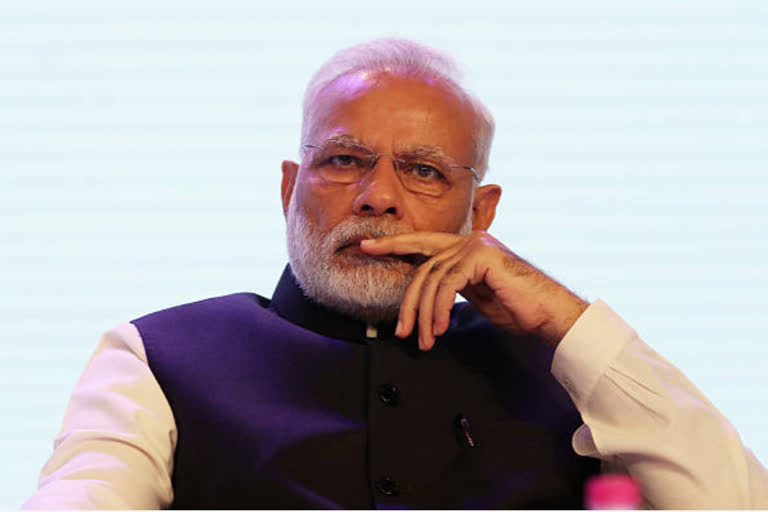New Delhi: The Union cabinet’s decision last week to cut the salaries of members of Parliament by 30% for a year and suspension of their local area development funds for two years to arrange the money to contain the outbreak of COVID-19 pandemic led to speculations that the government might resort to other drastic measures, including invoking the extreme provisions under the Constitution.
Congress Supremo Sonia Gandhi also advised the Prime Minister to suspend all foreign travels of ministers and put a hold on all the ads issued by the Centre and PSUs for a period of two years, among other things, to save the money as the country grapples with the global pandemic and its economic repercussions.
These developments led to the speculations that Prime Minister Modi might impose financial emergency in the country if the pandemic persists for a longer period that will put an extreme burden on the finances of the Union government.
Article 360 of the Constitution gives the power to the Union government to declare a financial emergency in the country.
PDT Achary, former secretary-general of the Lok Sabha said: “Financial Emergency means that the credit of the government suffers, it means that there is financial instability.”
What is Financial Emergency under the Constitution?
Article 360 says that if the President is satisfied that the financial stability or credit of India or of any part of the country is threatened then the President may proclaim financial emergency in the country.
Financial Emergency can be declared for two months but it can be revoked earlier by passing a resolution in Parliament.
During the financial emergency, the executive authority of the Union extends to States and it can direct them to follow the financial norms specified by it.
The direction may include a reduction in salary and allowances of all or any class of employees serving with a state government. In addition to this, all money bills of states will be reserved for consideration by the President.
“It means state government finances will be controlled by the Centre,” said PDT Achary.
Read more: RBI expects retail inflation to ease sharply to 2.4% by fiscal-end
“The Centre can do a lot of thing under the Article 360, it can ask the state governments to send their budgets to the Central government, and it will approve them. It can also ask the state governments to cut the salaries of its employees and it can also cut the salaries of its own employees, and also the salary of judges, all across the board,” PDT Achary told ETV Bharat.
He, however, clarified that the country does not have any experience how the situation will unfold in case of a financial emergency.
“These are constitutional provisions. They have never been invoked, so we don’t have any experience how it works,” PDT Achary observed.
PDT Achary said it is unlikely that the Union government will invoke financial emergency in the country other countries battling the coronavirus have not declared financial emergency.
He said it will dent the country’s image in the eyes of foreign investors and it will also have international repercussions about the financial stability of the country.
(Article by Krishnanand Tripathi)



